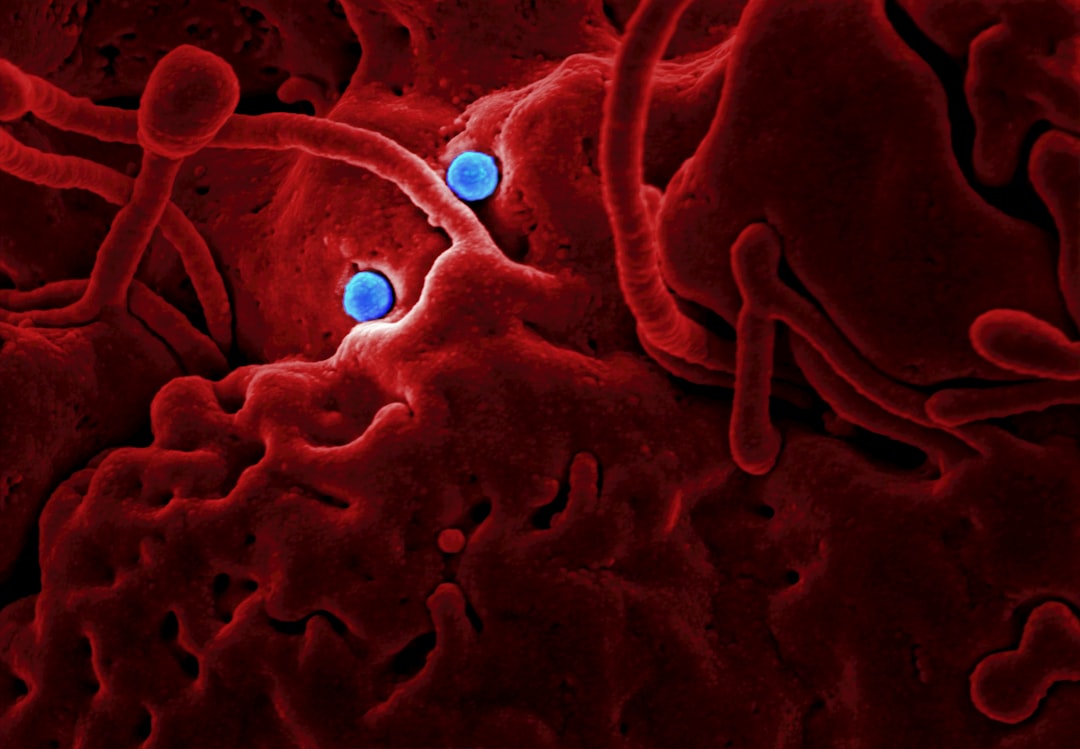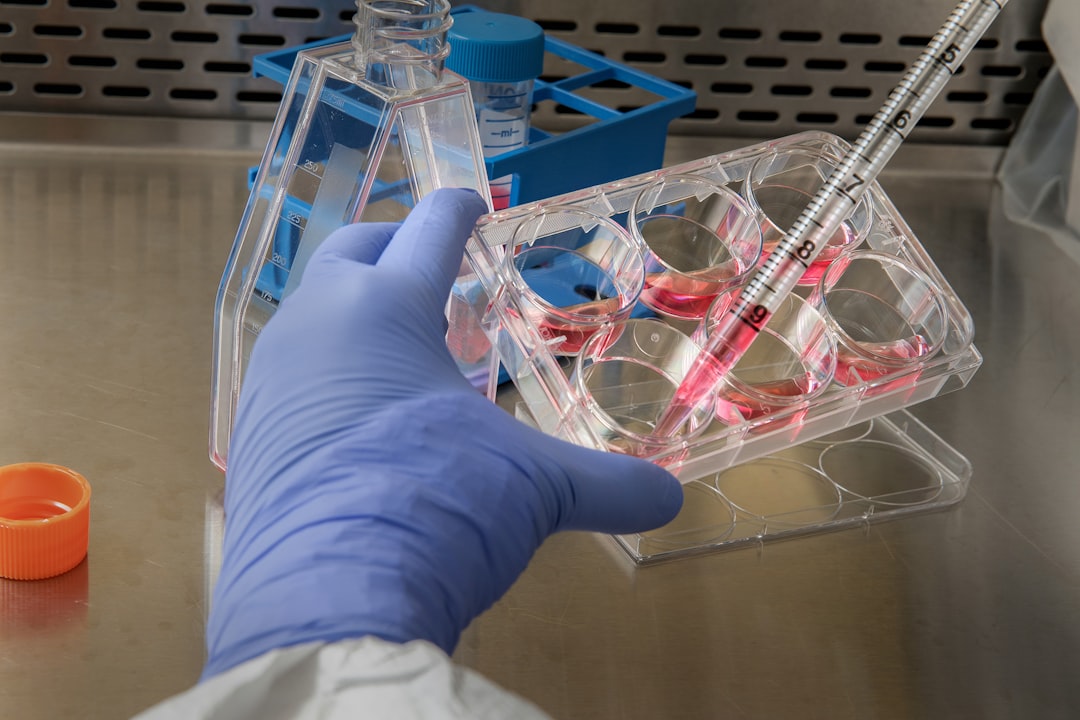What is it about?
The article emphasises the importance of cellular debris in the proliferation of invasive and damaging micro-organisms. It is critical that the immune system rapidly re-assimilates the nutrient substrate that accumulates in the wake of self cell damage. A "nutrient desert" suppresses the survival and proliferation of pathogenic micro-organisms.
Featured Image
Why is it important?
We have formed the belief that the adaptive immune system is a bug hunting, chasing and killing mechanism. However, virtually all recognition by T-cells is of processed debris. It is either (a) the peptide debris generated by APCs that is recognised (CD4 T-cells) or (b) the processed intra-cellular peptide debris that was previously associated with catastrophic self-cell death that is recognised (CD8 T-cells). Native, unprocessed micro-organism are NOT recognised or attacked by T-cells. It is the debris that is under scrutiny - not the micro-organism. The outcome leads to an exaggerated local innate immune response (an inflammatory response) that favours the ingestion of micro-organisms in general.
Perspectives
This change in perspective is critical if we want to fully understand the "debris management" and "regenerative" responses following damage that are caused by micro-organisms (they have to generate their "lunch"). This leads to an "inflammo-centric" view of what the immune (or morphostatic) system is doing.
Dr Jamie Cunliffe
Independant
Read the Original
This page is a summary of: Intentional Pathogen Killing – or Denial of Substrate?, Scandinavian Journal of Immunology, December 2007, Wiley,
DOI: 10.1111/j.1365-3083.2007.02017.x.
You can read the full text:
Resources
Contributors
The following have contributed to this page










